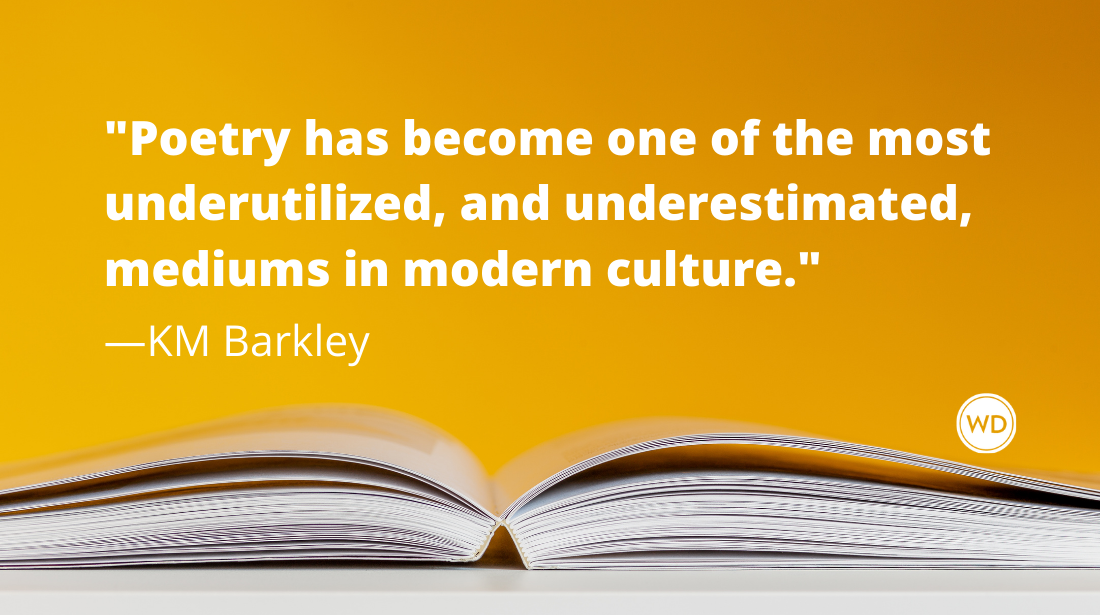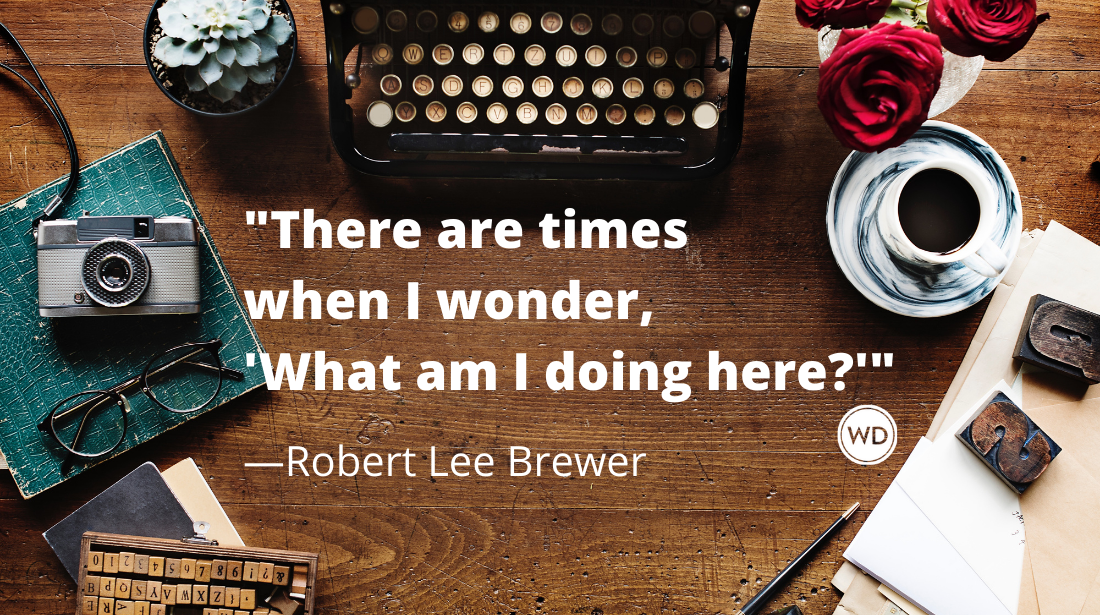Working Hard or Hardly Working
The title of this post is one of my grandfather’s favorite questions to ask me whenever I see him. And, for my part, I never know how to answer, because…
The title of this post is one of my grandfather's favorite questions to ask me whenever I see him. And, for my part, I never know how to answer, because I always feel like both; even when I'm working hard, it often feels like everything around me is hardly working. This contrast in feelings extends to my poetry, too.
Here's a funny little piece from The Onion: "Poet Takes Extra 5 Minutes To Vague Up Poem." (Thanks to Joe Felso's Ruminations blog for leading me to this link.)
There are many ways to interpret this comment on poets and their process (including getting defensive), but one is that sometimes poets (myself included) try to rush a poem along. The "Vague Up" process here seems to be referring to "revision." In this example, the poet only takes 5 minutes to revise the poem and appears to do so directly after finishing the piece.
Perhaps as a result of my age, I can often get caught up in trying to produce poems. And often, I don't have to try: I just naturally always love writing. But, just because I'm working hard at cranking poems out does not mean any of those poems are working. Hardly, in fact.
True, I've got a lot of material to work with, but the hard part of writing is chipping away at those fine details. Great poetry may or may not be a pleasure to write, but it should always be a pleasure to read. And that responsibility falls dead on the shoulders of the poet.
I know I've been working very hard at the creation of my poems. However, I think I need to step back and take more than 5 minutes on how I finish my work so that I can eventually feel like my poems are doing more than "hardly working."
*****
This poem by Frank O'Hara also looks at the creative and revision process. Not only is it a good read, but it's also instructional: "Why I Am Not a Painter."








